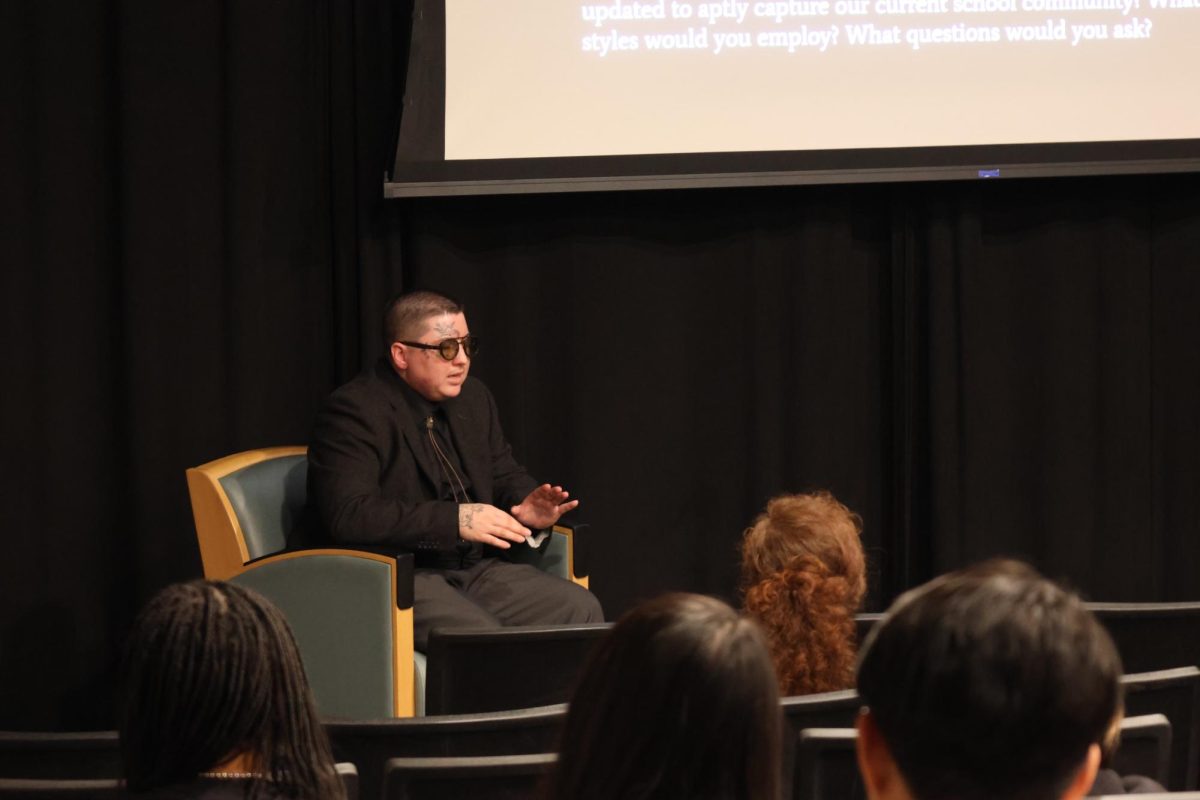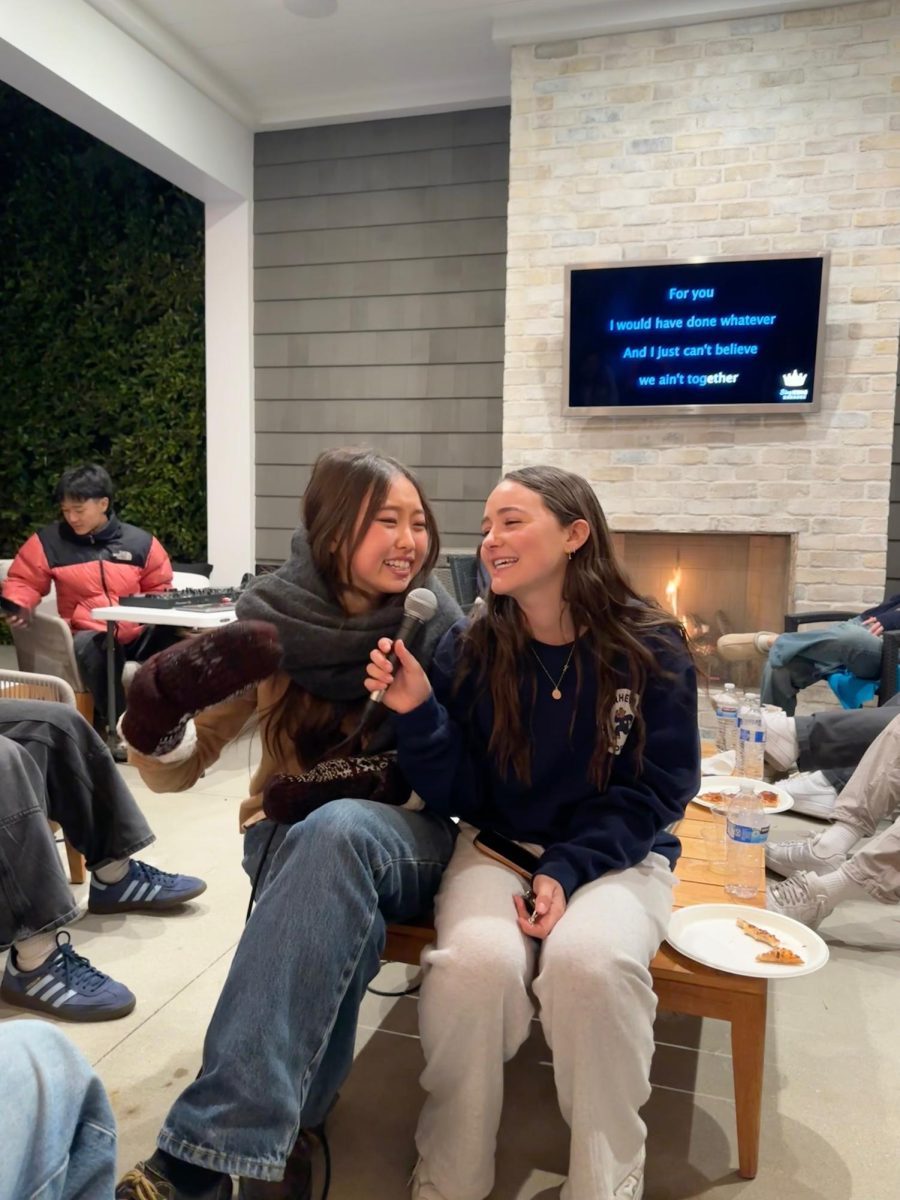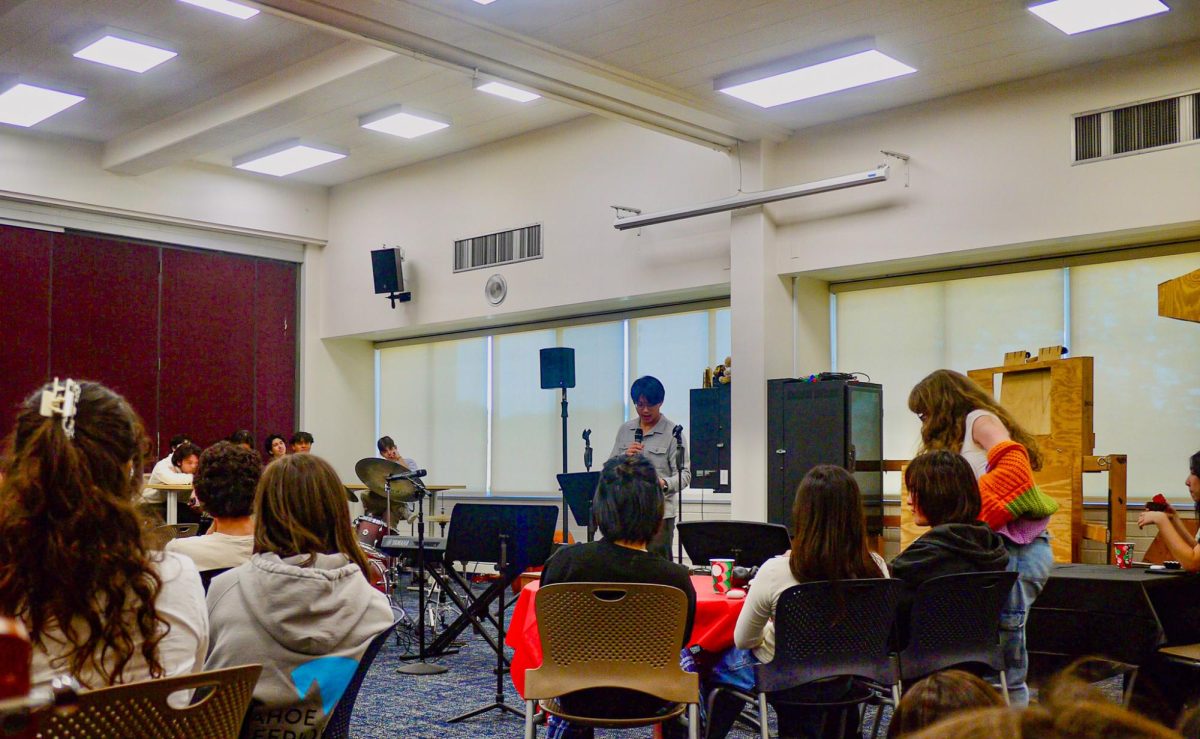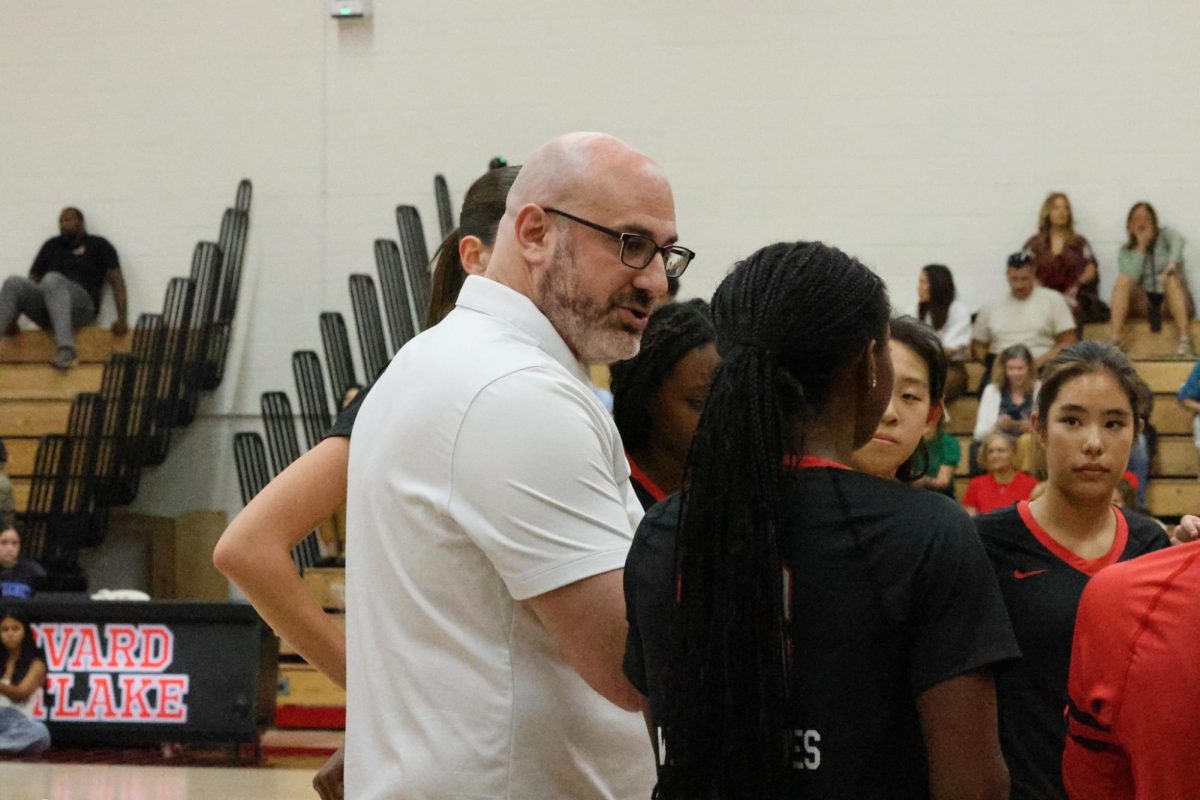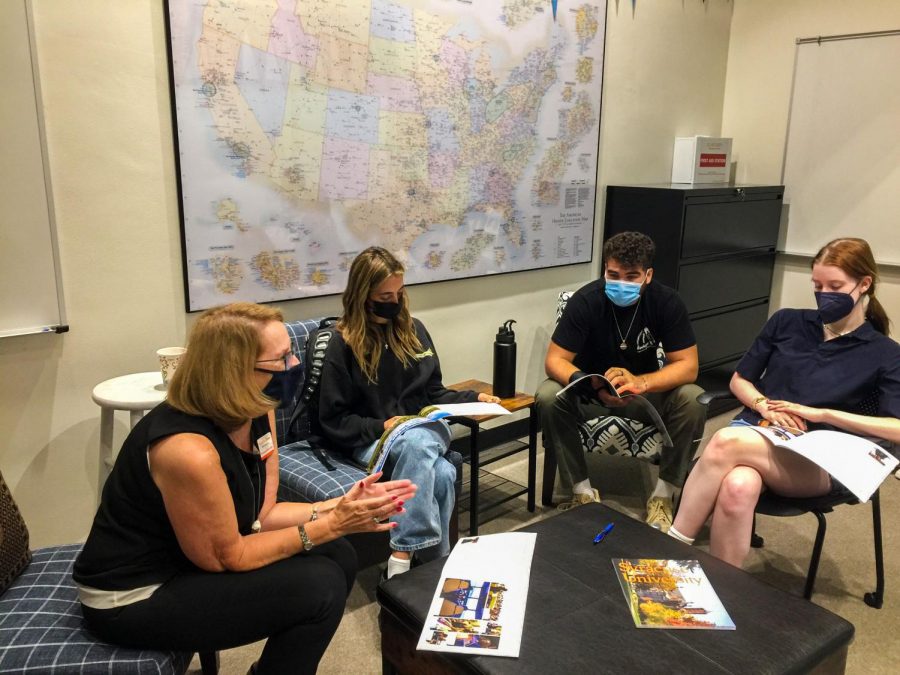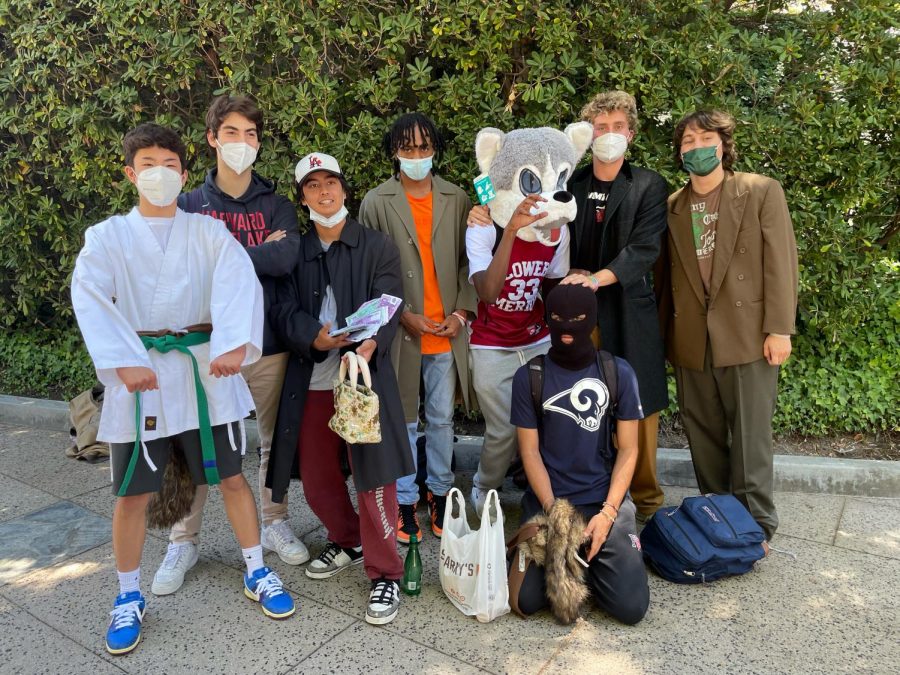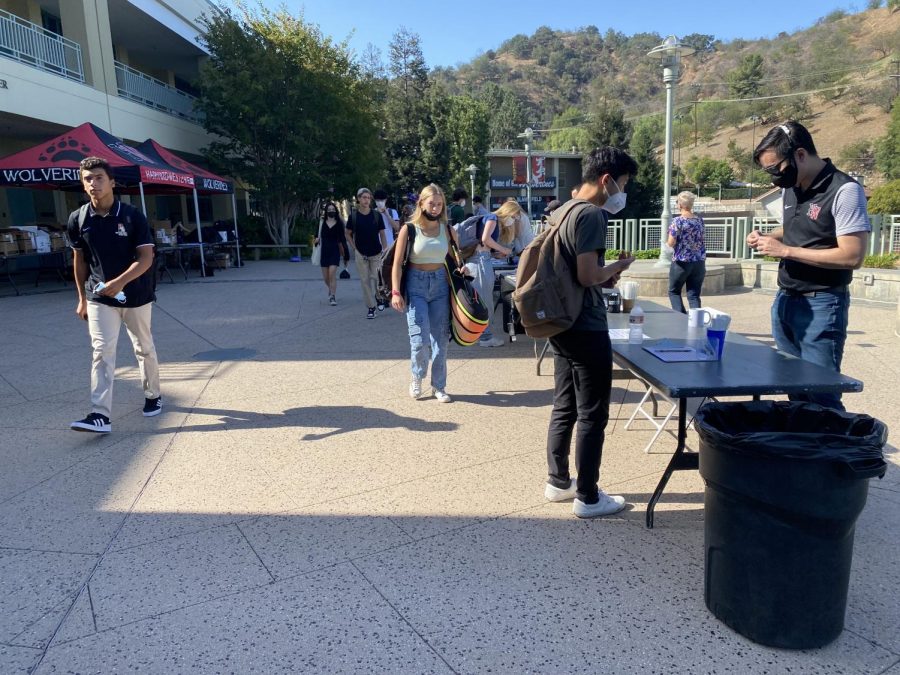In order to inform the Schedule Committee of their plans to restructure the daily schedule, the committee has launched a shadow program for faculty to spend the day with a variety of different students. The Schedule Committee will use their findings to help plan a series of changes that will go into effect during the 2020-2021 school year.
“It started with the Schedule Committee wanting to get a little bit more perspective on what we call the ‘live student experience,’” Schedule Committee Chair and science teacher Krista McClain said.
The program currently involves 35 faculty members who have been paired with students to shadow.
As a result of this process, those on the committee are seeing firsthand the successes and failures of the school’s current schedule, McClain said.
“We have no [planned] schedule in mind,” McClain said. “That’s the whole purpose of this year, to really research what it is that is unique about our school and our schedule that we love and what it is that we feel is challenging for our students.”
McClain and other members of the Schedule Committee have already started noticing some trends in the students’ lives, they said.
“The greatest stress level for students was workload and assessments, so we’re taking those two factors in consideration as we research for different types of schedules,” McClain said.
The committee selected a diverse group of students to best get a sense of the variety of experiences that students have on a day-to-day basis.
“[We selected] tenth graders, eleventh graders, twelfth graders, students with five academics, students with seven academics, students with extended time, students who play sports and students who do art,” Head of Upper School and Schedule Committee member Laura Ross said. “It’s a broad variety of experiences.”
Over the course of the next two years, the Schedule Committee hopes to finish its research, plan a new schedule and put it into action.
“A lot of the current research shows that a lot of what Harvard-Westlake is doing and how the day is run is contrary to how students learn best,” Scheduling Committee member Anja Clark ’19 said. “The relatively short class periods with lots and lots of classes per day with not many breaks and downtime and no structured lunch are all bad things.”
Clark also said that the committee will reflect on the effects of the late-start days planned for this month, where each day will have schedules that include four 75-minute periods each.
“A block schedule isn’t something we’re necessarily trying to do,” Clark said. “We’re just trying it out to see what happens.”
Clark also mentioned the possibility of creating a modified block schedule, in which some types of classes were longer than others in order to account for each subject’s needs.
“There are classes like foreign languages where it’s better to meet more frequently but for shorter periods, like we do currently, whereas for other classes like English class, it would be nice to have a longer period of time but less frequently,” Clark said.
Clark said that while some teachers are reluctant to adapt, she remains optimistic.
“A lot of the teachers are more apprehensive to it because they’ve taught the same way for a long time, but overall it’s being very very deeply thought about,” Clark said. “So from my perspective from being a part of the community, it definitely seems to be a very positive change.“



























